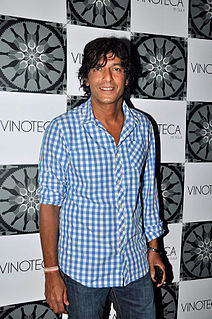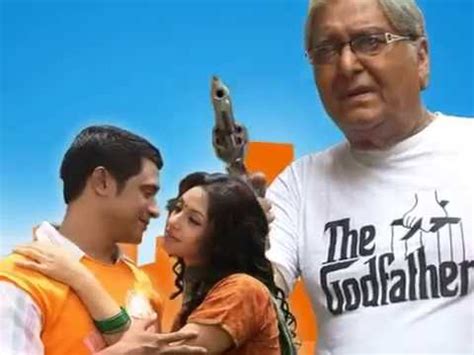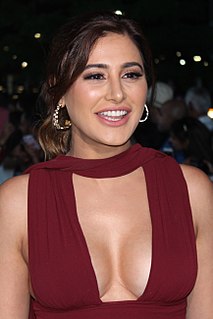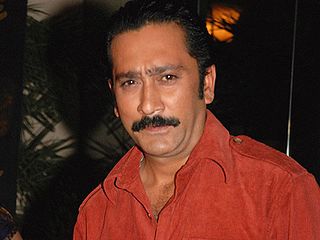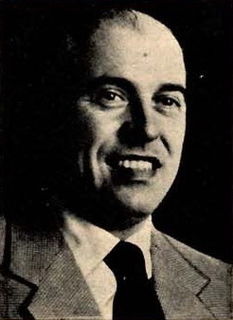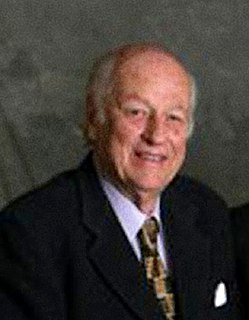A Quote by Jia Zhangke
Language is so specific to art, all the way to the past in China. Previously, people were not allowed to include various regional dialects in their films, but in every film that I've made, I've maintained the regional dialects of the characters because I wanted to make films that were locally specific.
Related Quotes
The contribution of West African languages to Ebonics is absolutely infinitesimal. What it actually is is a very interesting hybrid of regional dialects of Great Britain that slaves in America were exposed to because they often worked alongside the indentured servants who spoke those dialects that we often learn about in school.
Many people are under the delusion that I'm just a special-effects man, but I've worn many different hats in my day. On every film I've been involved in, I worked with the writer and producer. We really formulated those scripts. We tried to make films that were logical but still had the fantasy feel of it. I enjoy Aardman Animation's films with Wallace and Gromit, but they're obvious puppet films, whereas we tried to disguise it and make our effects characters in the films rather than obvious puppets.



